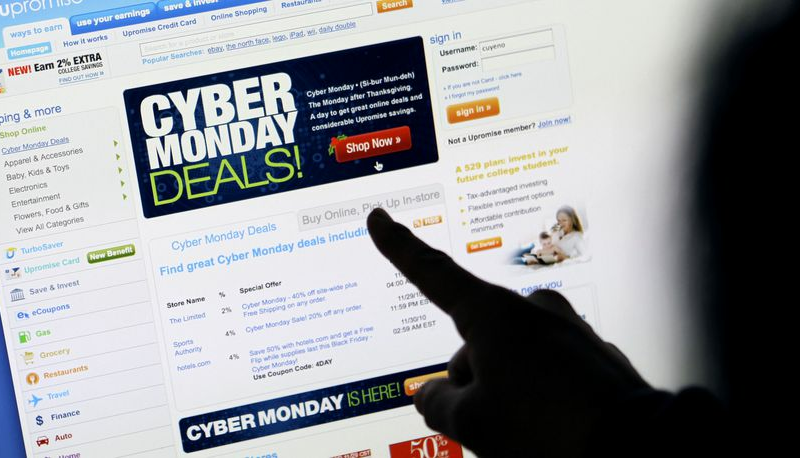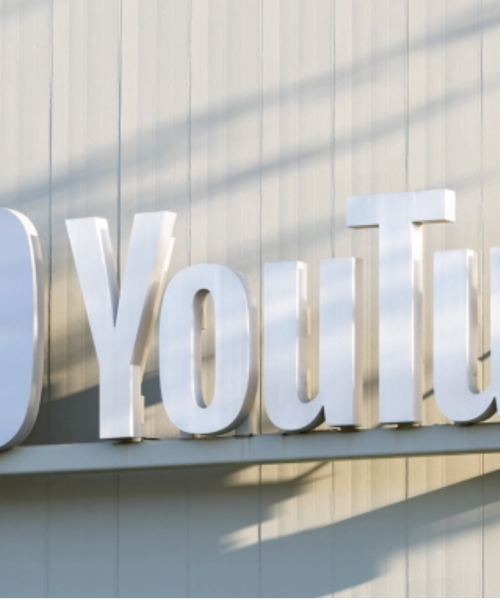By ANNE D’INNOCENZIO, Associated Press
Troy Warren for CNT #Business
NEW YORK — Consumers are expected to spend between $10.2 billion and $11.3 billion Monday, making it once again the biggest online shopping day of the year, according to Adobe Digital Economy Index.
Still, spending on what’s known as Cyber Monday could drop from last year’s level of $10.8 billion as Americans are spreading out their deals more in response to discounting in October by retailers, according to Adobe, which analyzes more than 1 trillion visits to U.S. retail sites.
Both Black Friday and Thanksgiving Day online shopping came in below Adobe’s prediction. On Black Friday, online sales reached $8.9 billion, down from the $9 billion in 2020, the second largest day of the year. On Thanksgiving Day, online sales reached $5.1 billion, even from the year-ago period.
Adobe says it is the first time it has seen decreased spending on the big shopping days, which have seen healthy growth rates since Adobe first began reporting on e-commerce in 2012.
For the first time, discounts compared with a year ago are expected to be weaker on Cyber Monday, a big theme this season given how supply chain clogs are creating challenges for retailers in bringing merchandise to stores. Still, Cyber Monday remains the best day to buy TVs with discount levels at 16%, compared with 19% discounts last year.
Other categories in which consumers will find deals include clothing at a 15% markdown, compared with 20% last year. Computers are being discounted at 14%, compared with 28% last year, according to Adobe.
Online shopping remains huge, and sales are expected to rise 7% for the week ended Sunday after the massive 46% gain a year ago, when many shoppers stayed home, according to Mastercard SpendingPulse, which tracks shopping across all types of payments. For the overall holiday season, online sales should increase 10% from a year ago, compared with a 33% increase last year, according to Adobe.
The National Retail Federation, the nation’s largest retail group, coined the term “Cyber Monday” in 2005 after noticing a surge in people shopping online at work on their computers the Monday after Thanksgiving. Even with the proliferation of smartphone shopping, stores continue to ply shoppers with discounts on Monday.
In Other NEWS



































